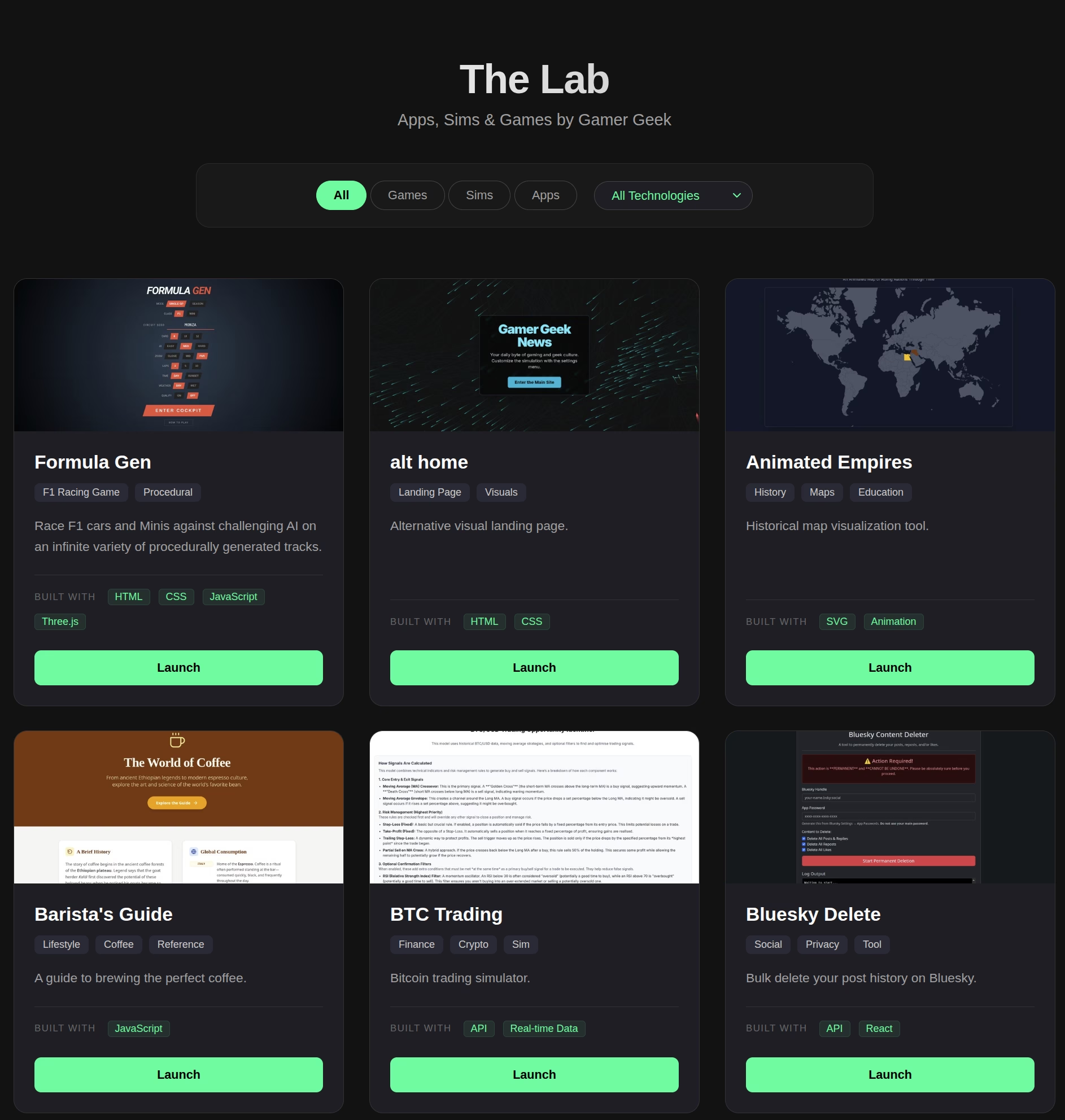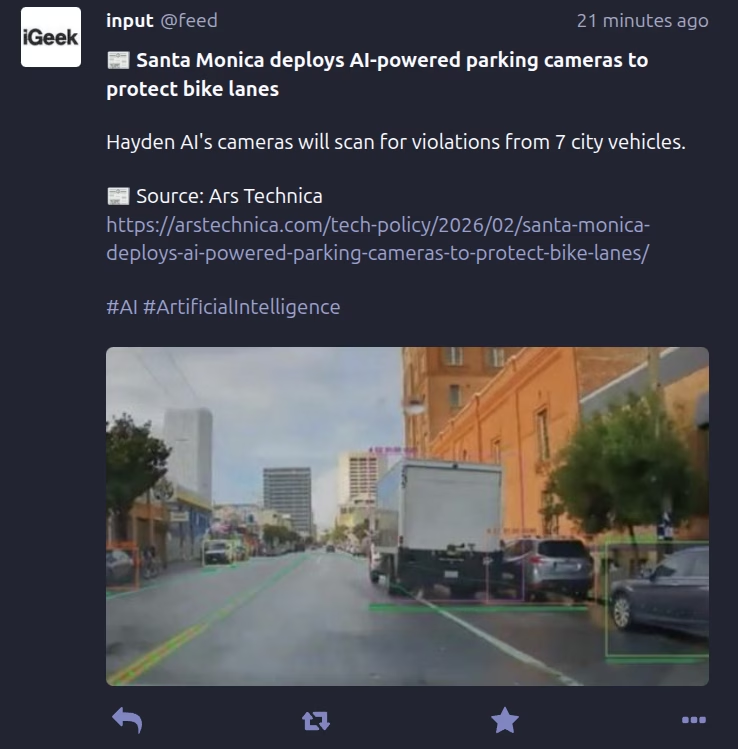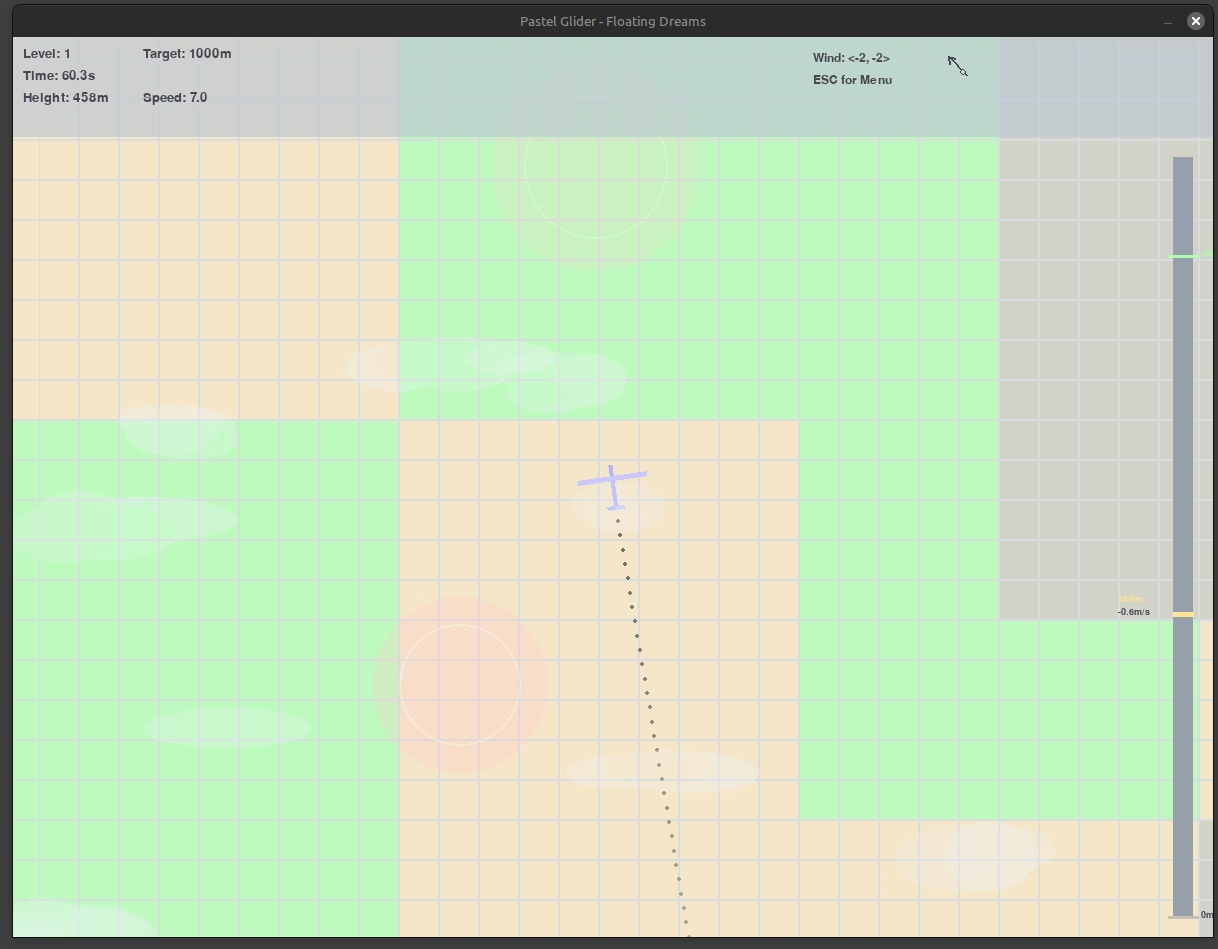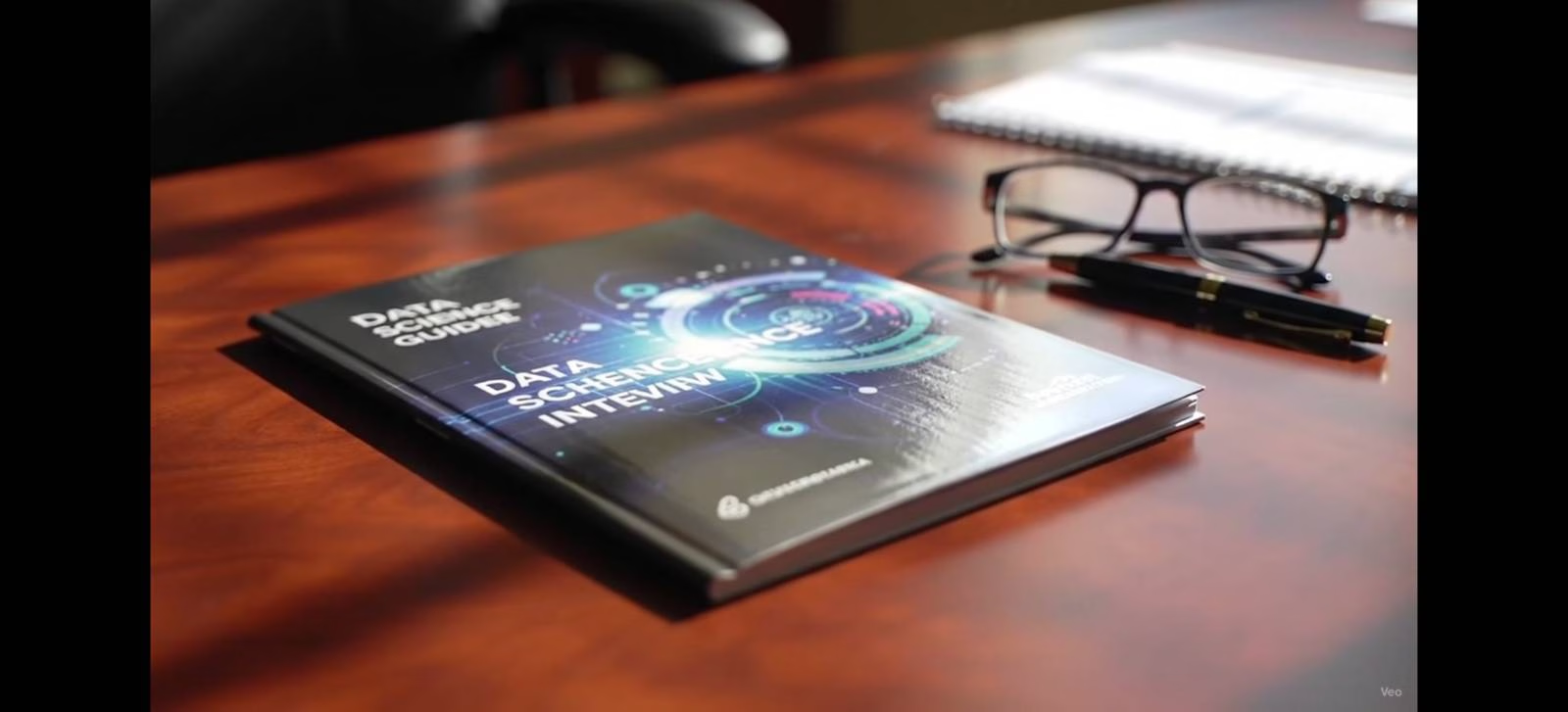The landscape of data science interviews is continually evolving. While core technical competencies remain crucial, there is an increasing emphasis on practical problem-solving, effective communication, business acumen, and ethical considerations. The advent of sophisticated AI tools also means that interviewers are likely to probe more deeply for genuine understanding, valuing authenticity and the ability to articulate a unique thought process over rote memorization. Data science interviews are increasingly structured to evaluate candidates holistically. The assessment moves beyond a simple check of algorithmic knowledge to gauge genuine problem-solving capabilities, communication finesse, ethical judgment, and the crucial ability to connect technical work to tangible business value.
Furthermore, interviewers are often more interested in how a candidate arrives at an answer and their underlying reasoning process than in the absolute correctness of the answer itself, particularly for complex or ambiguous questions. Case studies, for instance, are frequently open-ended with no single definitive solution. … This focus on the approach suggests that the evaluation prioritizes critical thinking, the logical structuring of thoughts, the ability to handle ambiguity, and the justification of chosen methods. Candidates should, therefore, practice “thinking out loud,” articulating their assumptions, the alternatives they considered, and the rationale behind their chosen path. This demonstration of a thoughtful process is often more valuable than a rushed, potentially superficial, “correct” answer.”







